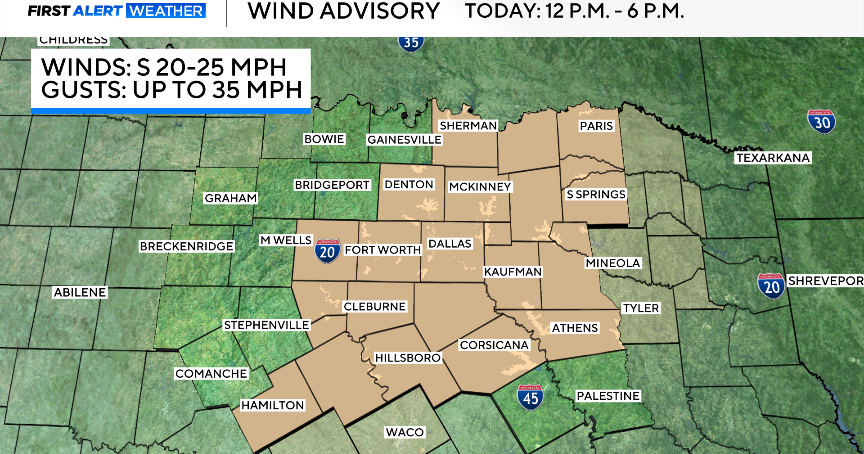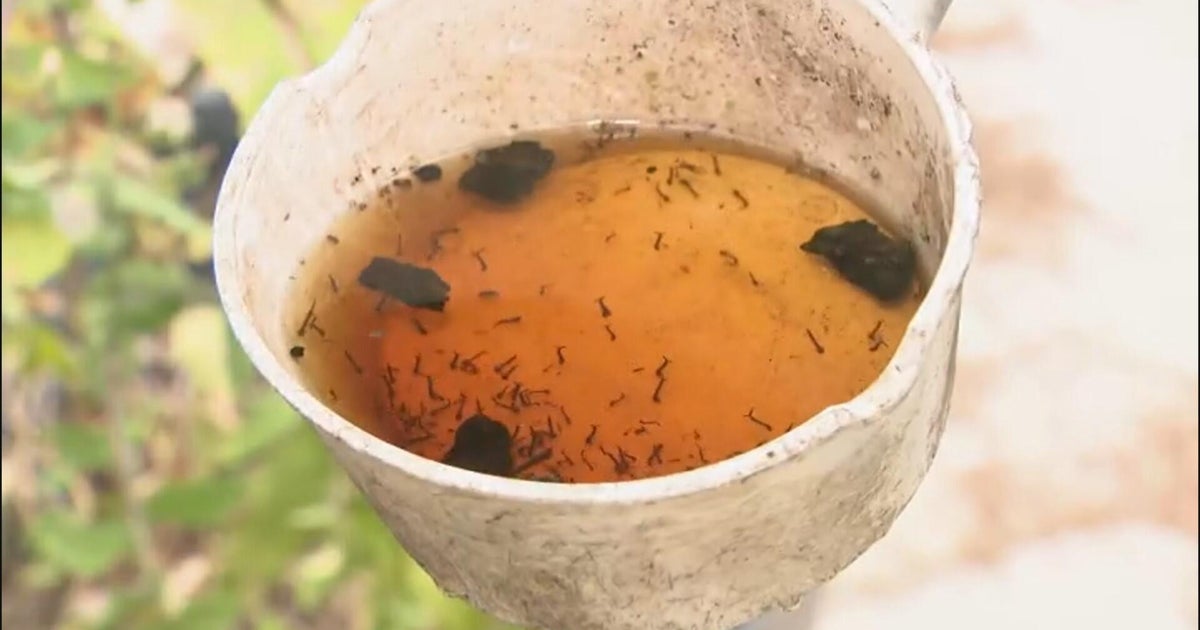Gardening 101: Heat-proof your garden
NORTH TEXAS (CBSDFW.COM) - Here it comes, the summer heat. Hot is the new normal here in North Texas. Just look at the list of the 20 hottest summers in the DFW records (starting in 1899). Look how many have occurred this century (eight of the twenty since 2000 including the hottest summer ever in 2011):
To garden in North Texas requires you protect your valuable landscape in the summer heat. I consulted with Daniel Cunningham (a.k.a. The Texas Plant Guy) with Rooted-In on the best standard practices to protect your plants. His approach is simple: three layers of protection:
Compost: This is a soil additive. Mix about 2"-3" of compost in with your top 1" of soil. This turns your soil bed into a sponge that can capture and hold more water. It also slowly breaks down to provide a steady source of nutrients for your plants.
Drip Irrigation: This the BEST way to keep your beds from stressing in the heat. If it is Saturday and your garden didn't get any rain (or less than 1") that week, turn on your drip hoses and let them deeply soak your soil. Make sure your irrigation lines are ABOVE your compost but BELOW your mulch. Once-a-week deep watering teaches your roots to dive down deep, another hedge against the summer heat. With the water delivered under the mulch, very little is lost through evaporation. This makes drip irrigation the most water efficient way to keep your plants well-watered.
Mulch: If you can see your soil in your landscape beds or garden then you have a problem. You need to cover all exposed soil with a layer of mulch. I use finely shredded hardwood or shredded leaves, sometimes you can get this free or at very low cost from your city. Pile up 3"-4" of it over your soil and around your plants. Make sure the mulch doesn't touch your plant stems or tree/shrub bark. Spread mulch at least once if not twice a year (if twice a year once in early Spring, again in mid Fall). Mulch not only keeps the summer weeds at bay, but it also keeps a lid on your soil moisture. It will keep your soil from drying out. NEVER mix your mulch into your soil like you do compost. The stuff is too raw and will rob your soil of nitrogen. Just let it slowly break down on the surface of your beds, releasing nutrients along the way. Do this for a couple of years and your will add depth to your soil bed. You are recreating the forest floor, and no one fertilizes the forest, the leaves and twigs just slowly compost and, over time, build up a deep soil bed.
The three-layer protection system to weather the summer heat and still look great. Truly a Gardening 101.









